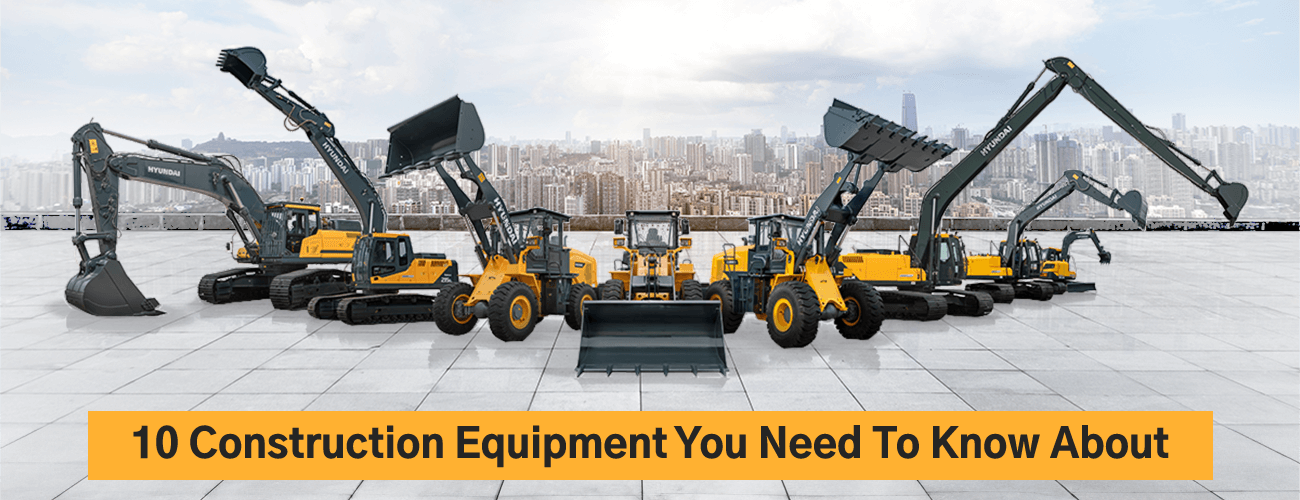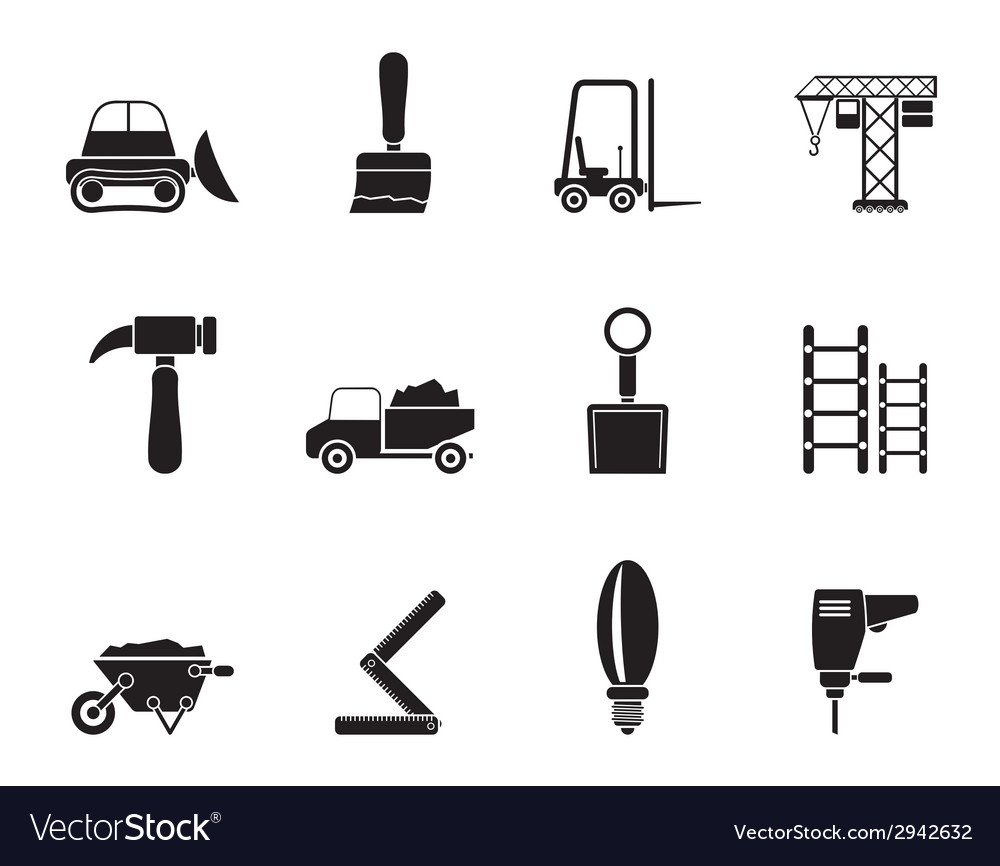Rental Company in Tuscaloosa AL: Top-Quality Equipment for Every Job
Rental Company in Tuscaloosa AL: Top-Quality Equipment for Every Job
Blog Article
Exploring the Financial Perks of Leasing Building Devices Contrasted to Possessing It Long-Term
The decision between renting out and possessing building devices is crucial for financial administration in the market. Leasing deals immediate price savings and functional flexibility, enabling business to designate sources more efficiently. Comprehending these subtleties is crucial, specifically when taking into consideration how they line up with certain job demands and financial strategies.

Expense Contrast: Renting Out Vs. Owning
When examining the monetary implications of renting versus owning building and construction devices, a complete expense comparison is important for making informed choices. The option between renting and possessing can substantially influence a firm's profits, and comprehending the associated costs is essential.
Renting construction tools commonly entails reduced in advance expenses, enabling services to designate funding to other operational needs. Rental arrangements frequently include adaptable terms, allowing business to gain access to advanced equipment without long-lasting dedications. This adaptability can be specifically helpful for short-term tasks or changing workloads. Nonetheless, rental expenses can gather gradually, potentially surpassing the cost of ownership if devices is needed for an extensive duration.
Alternatively, having building and construction tools needs a substantial preliminary financial investment, together with recurring costs such as depreciation, financing, and insurance coverage. While possession can lead to long-term financial savings, it additionally connects up funding and may not supply the same level of flexibility as renting. Additionally, owning tools demands a dedication to its use, which may not constantly align with project needs.
Ultimately, the decision to rent out or have ought to be based on a thorough evaluation of specific project demands, monetary ability, and lasting strategic goals.

Upkeep Obligations and expenditures
The selection in between leasing and possessing construction equipment not just involves monetary considerations yet also incorporates ongoing maintenance expenses and responsibilities. Possessing devices needs a substantial commitment to its maintenance, that includes regular inspections, repairs, and possible upgrades. These duties can rapidly gather, causing unexpected expenses that can strain a budget plan.
In contrast, when renting out tools, maintenance is generally the responsibility of the rental company. This arrangement enables contractors to prevent the financial worry related to deterioration, along with the logistical obstacles of organizing fixings. Rental contracts usually include stipulations for maintenance, meaning that contractors can focus on completing tasks instead of stressing over devices condition.
Additionally, the varied variety of devices readily available for lease makes it possible for business to select the newest versions with advanced technology, which can boost effectiveness and performance - scissor lift rental in Tuscaloosa Al. By choosing rentals, companies can avoid the lasting obligation of equipment devaluation and the associated upkeep migraines. Ultimately, examining maintenance costs and duties is vital for making an informed choice concerning whether to rent out or own building and construction devices, substantially influencing total project costs and functional effectiveness

Devaluation Effect on Ownership

A substantial aspect to think about in the decision to possess building and construction tools is the influence of depreciation on total possession expenses. Devaluation stands for the decline in worth of the devices in time, influenced by factors such as usage, wear backhoe attachments and tear, and advancements in technology. As devices ages, its market price diminishes, which can substantially influence the proprietor's financial position when it comes time to trade the devices or offer.
For construction business, this devaluation can convert to considerable losses if the tools is not used to its maximum capacity or if it ends up being out-of-date. Owners must represent depreciation in their financial estimates, which can bring about greater overall costs contrasted to renting out. Additionally, the tax obligation implications of devaluation can be complicated; while it may provide some tax obligation benefits, these are typically offset by the reality of minimized resale value.
Ultimately, the concern of devaluation stresses the value of comprehending the lasting economic dedication involved in possessing building equipment. Business have to meticulously examine how frequently they will certainly make use of the equipment and the prospective economic influence of devaluation to make an educated choice concerning ownership versus leasing.
Economic Versatility of Leasing
Renting building and construction devices supplies significant monetary adaptability, allowing business to assign sources a lot more effectively. This flexibility is specifically crucial in a market defined by fluctuating project demands and differing work. By choosing to rent out, services can prevent the substantial funding outlay needed for acquiring equipment, preserving cash flow for other operational demands.
Additionally, renting equipment enables companies to customize their equipment selections to certain job requirements without the long-term dedication linked with ownership. This implies that organizations can conveniently scale their tools stock up or down based upon awaited and present project demands. Subsequently, this adaptability decreases the danger of over-investment in machinery that may come to be underutilized or obsolete over time.
An additional financial advantage of leasing is the possibility for tax benefits. Rental settlements are typically considered overhead, enabling instant tax reductions, unlike devaluation on owned and operated tools, visit our website which is spread over a number of years. scissor lift rental in Tuscaloosa Al. This immediate cost recognition can further enhance a firm's money position
Long-Term Job Factors To Consider
When reviewing the long-term requirements of a building company, the choice in between owning and leasing tools ends up being much more intricate. Key variables to take into consideration include project period, frequency of usage, and the nature of upcoming jobs. For projects with prolonged timelines, buying equipment might seem advantageous due to the possibility for reduced general expenses. However, if the equipment will certainly not be used consistently throughout projects, owning may result in underutilization and unnecessary expenditure on storage, upkeep, and insurance policy.
The building industry is evolving rapidly, with new tools offering improved effectiveness and safety functions. This versatility is particularly valuable for businesses that manage diverse tasks needing different kinds of devices.
Additionally, financial stability plays an important function. Possessing tools typically requires considerable capital investment and depreciation worries, while renting out permits even more foreseeable budgeting and capital. Inevitably, the option between renting out and having ought to be aligned with the tactical purposes of the building and construction business, taking into consideration both existing and expected task demands.
Final Thought
In conclusion, leasing building and construction equipment provides substantial economic benefits new excavator over long-lasting possession. Inevitably, the choice to lease rather than very own aligns with the dynamic nature of building jobs, allowing for adaptability and access to the most recent devices without the financial worries linked with possession.
As equipment ages, its market worth reduces, which can substantially impact the proprietor's economic setting when it comes time to trade the tools or market.
Leasing building tools provides substantial economic adaptability, allowing firms to allocate sources more successfully.Furthermore, leasing devices makes it possible for firms to tailor their equipment options to particular task demands without the lasting commitment linked with possession.In conclusion, renting out building equipment supplies significant financial benefits over long-lasting ownership. Ultimately, the choice to lease rather than very own aligns with the dynamic nature of building and construction tasks, permitting for flexibility and accessibility to the newest equipment without the monetary worries associated with possession.
Report this page